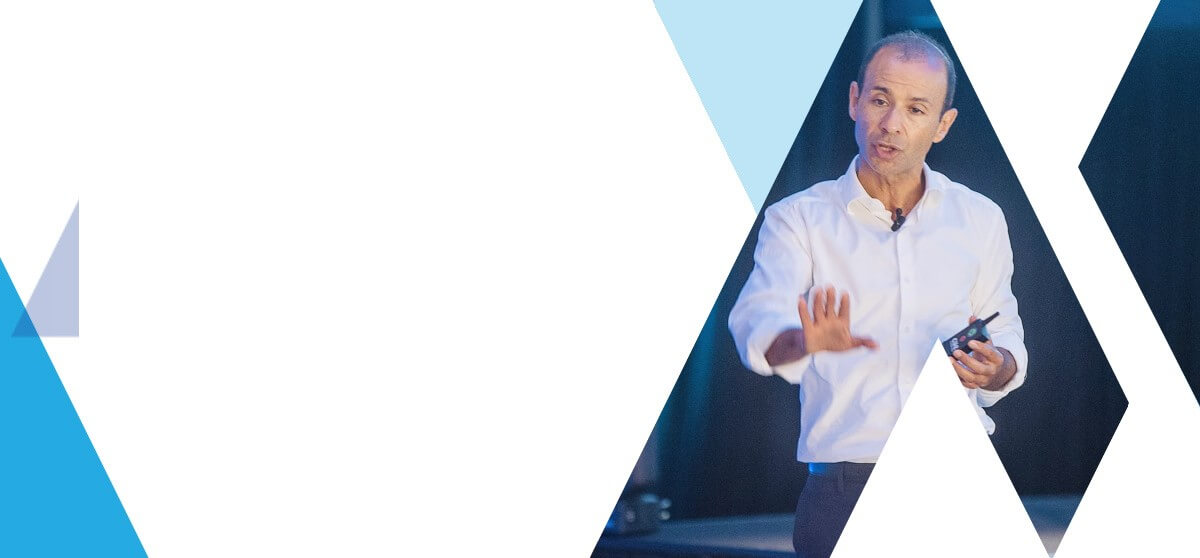We live in a culture that is addicted to speed. We eat fast, talk fast, work fast as we try to cram more and more in the day. And this is having dire consequences on our lives at home and at work.
I realised that I myself had a problem when my children started noticing that I was speed-reading bedtime stories to them. Thankfully I came across a book that made me realise that work wasn’t the cause of my stress but rather it was the speed in which I was working. The book is called In Praise of Slow by Carl Honore and I tell you it changed my life. As I read it, I was having “Aha!” moments where I was nodding continuously. The author is now a friend of mine and I would like to share with you one of his interviews where he explains what slow means in the work place.
Watch Carl Honore’s video: www.youtube.com/watch?v=631Y-AwFLks
Why have we in the corporate world, caught this disease called ‘speed’. Why are we doing everything faster in the name of customer service? And why have we peddled the idea that speed of service is the performance criteria by which customers should judge us. Has anyone stopped to ask, “Do customers really want fast service? Or do they want good, attentive, thorough service?”
If your business is running on speed, let me tell you it is not sustainable. In the short term you will get results, but over the medium to long term, the bubble will burst. Staff will get stressed, tired, and so absenteeism will rise. And that’s when you start seeing productivity drop AND, worse still, you will start to lose good staff.
Here are some of the business consequences of speed:
- Hurried consultations
- High error rates
- Irate customers
- Lower long term productivity
More importantly here are some health consequences for the Individual:
- Increased stress levels and absenteeism.
- Shorter lunch, eating at your desk, indigestion
- Poor concentration
- Reduced creativity
- Poor quality time with children and/or partner
- Alcohol Abuse
- Insomnia
- General executive burn out
So how do you work slower throughout the day? Try adopting some of the following strategies:
- Don’t schedule in more than two meetings per day. And meetings should not last more than an hour
- Don’t schedule any meetings after 3pm. It is the most unproductive time of day and also the time of day where most misunderstandings and therefore conflicts occur
- Don’t pick up your second line (or call waiting) when you are already on a phone call
- Don’t rush your meetings or phone calls. Take your time and ensure that you understand the objectives and outcome of a discussion
- Don’t rush your meetings or phone calls
- Turn notifications off
- Taking renewal breaks throughout the day to stretch and breath
- Listen more and listen actively. Absorb what the other person is saying
- Don’t take on too much work. Learn to say ‘no’
- Don’t rush your individual tasks. Enjoy doing them to the best of your ability knowing and reminding yourself that the service you give affects the customer. Visualise them praising you for the good work you will do
- Don’t accept any last minute deadlines imposed on you. Last-minute deadlines usually arise from somebody else’s inefficiency. It is somebody else problem. Don’t make it yours unless it is truly an exception requiring you to go beyond the call of duty
- Take a walk at lunch – preferably where there is a park or trees. Go alone
- Take at least 45 minutes for lunch, eat outside and get some Vitamin D
- Take a packed lunch to work for at least three days in the week. You will get more nutrition and you will save money
- Keep a photo on your desk and look at it throughout the day. It could be a photo of your partner, your children or a picture of your next holiday destination
If you’re interested in reading Carl Honore’s books, here are the links to the two books that changed my life:
In Praise of Slow: http://www.bookdepository.com/Praise-Slow-Carl-Honore/9780752864143
The Slow Fix: www.bookdepository.com/Slow-Fix-Carl-Honore/9780061128820

